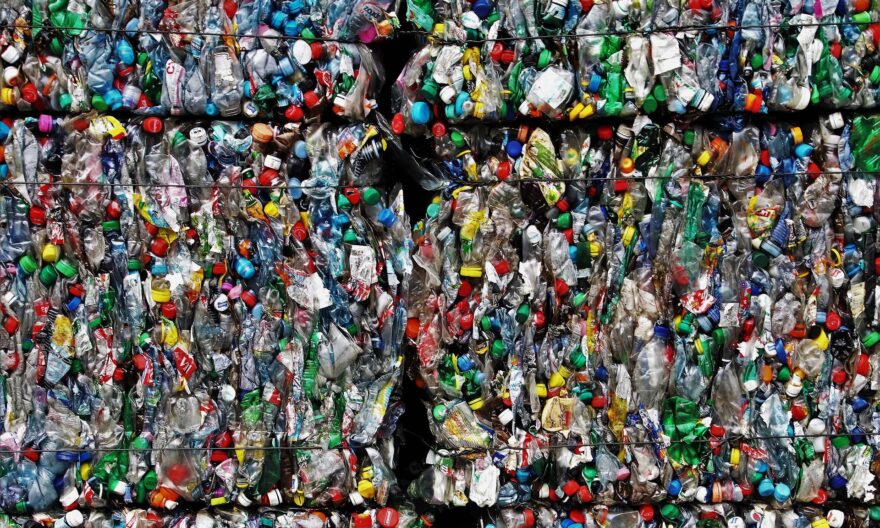
Earlier in the year, The US Food and Drug Administration (FDA) made the decision that phthalates can still be used in products, despite calls for them to be banned.
However, a new study by the National Institutes of Health (NIH) and published in JAMA Pediatrics has found that phthalates, which are commonly used in fast-food packaging and food handling products like plastic gloves, pose a danger to pregnant women and their children.
The researchers found that pregnant women who are exposed to these chemicals were more likely to give birth prematurely, posing a risk to the health of the mother and the baby.
For the study, the team analyzed the data of over 6,000 pregnant women. They found that there was a link between exposure to high levels of phthalates and preterm birth.
Pregnant women with higher amounts of phthalate metabolites in their urine were more likely to give birth three or more weeks before their expected due date.
Using statistical models, the researchers estimated that lowering phthalate metabolite levels by 50% could prevent an average of 12% more preterm births.
The authors of the study added: “Having a preterm birth can be dangerous for both baby and mom, so it is important to identify risk factors that could prevent it.
It is difficult for people to completely eliminate exposure to these chemicals in everyday life, but our results show that even small reductions within a large population could have positive impacts on both mothers and their children.”
The researchers also noted that personal care products like nail polish and cosmetics contain consistently high levels of phthalate metabolites, along with food packaging.
They recommend that consumers cut back their exposure by opting for fragrance-free or “phthalate-free” products and by avoiding processed foods that come in plastic containers or wrappers. This can reduce the risks, especially for pregnant women.



